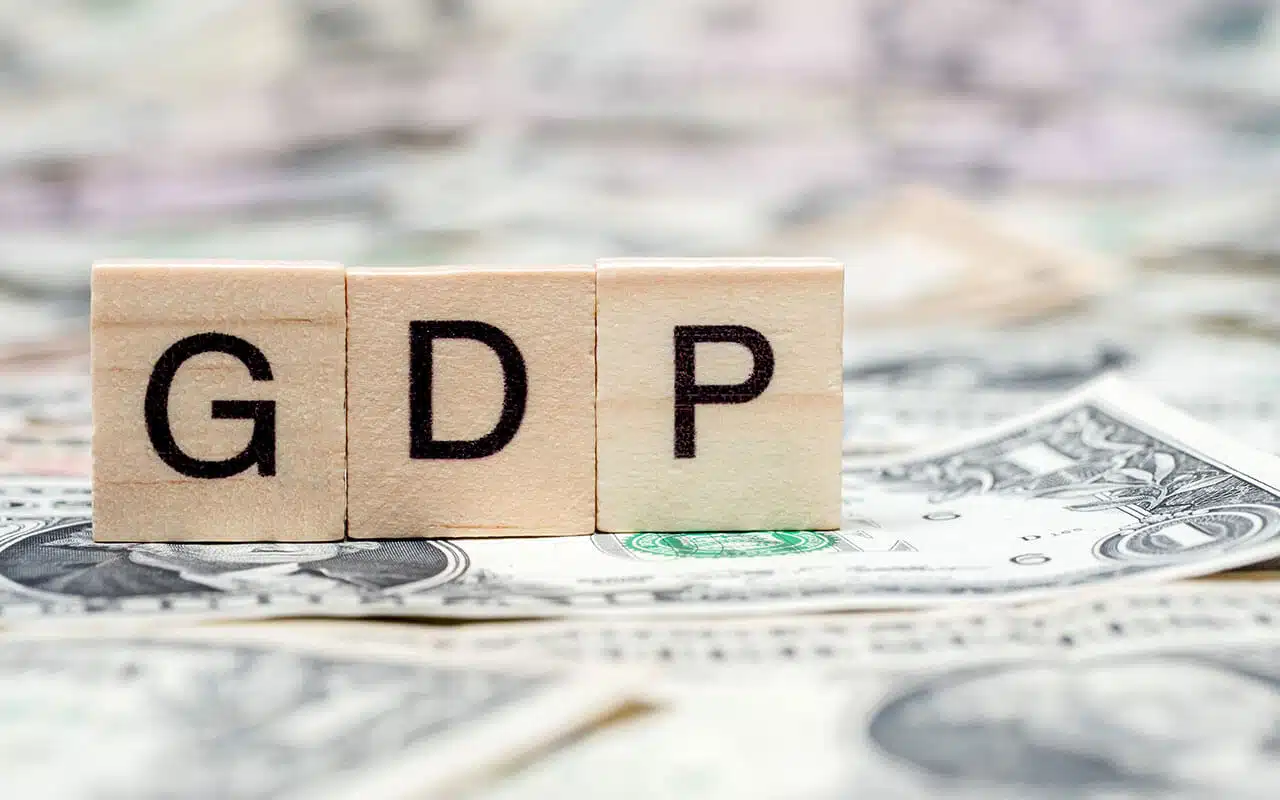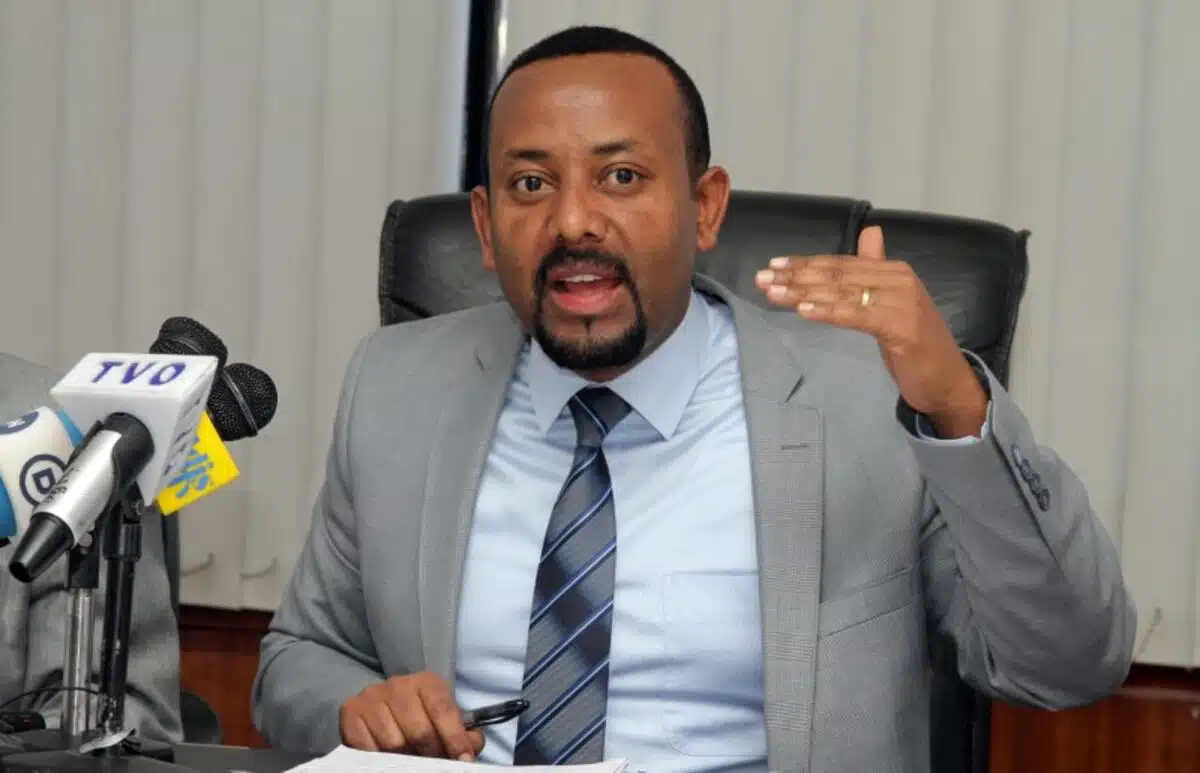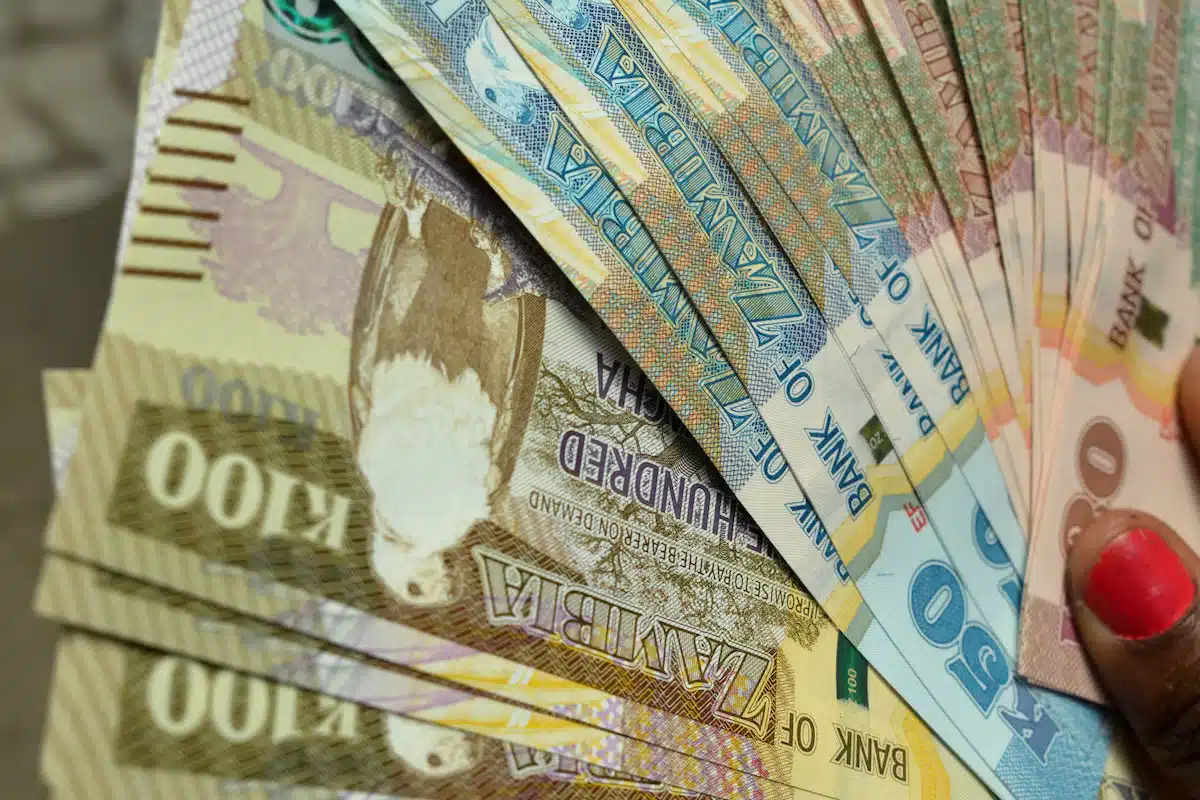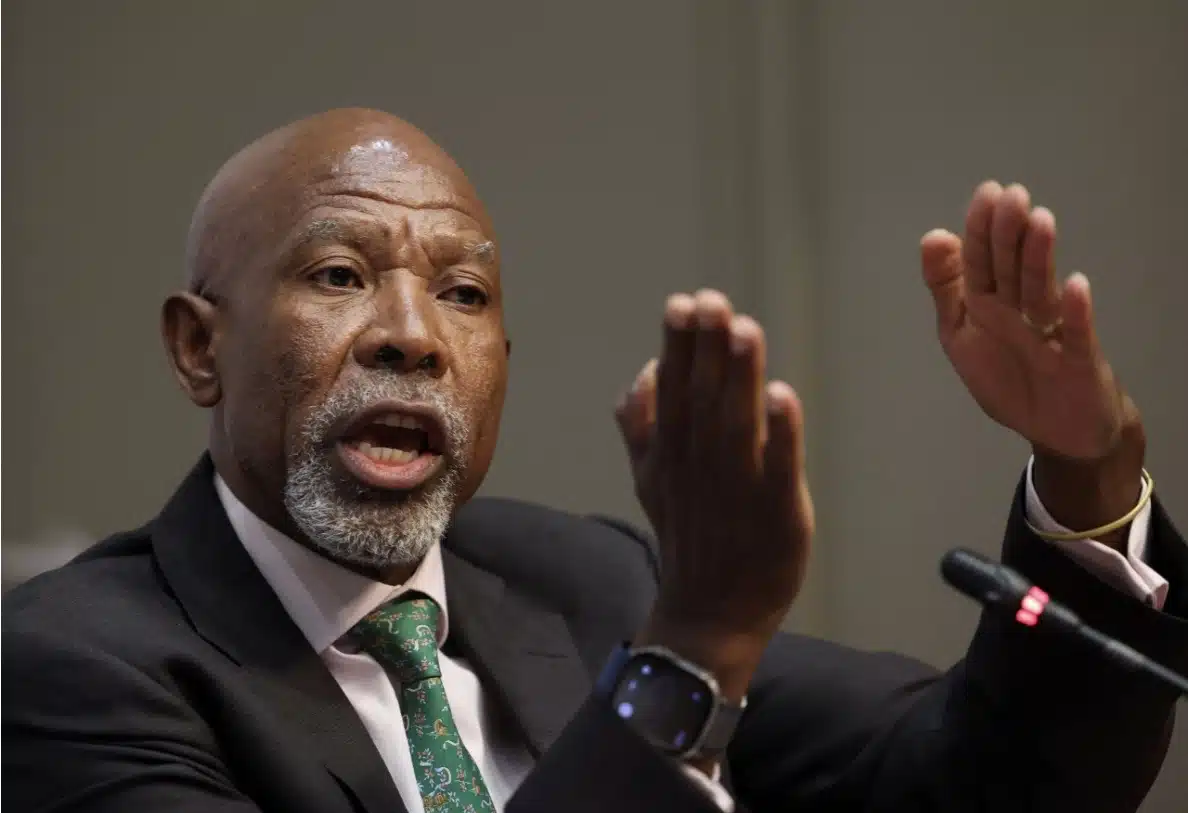Nigeria’s trade sector has overtaken crop production as the largest contributor to Gross Domestic Product (GDP) in the first quarter of 2025, following the rebasing of national accounts to reflect 2019 prices by the National Bureau of Statistics (NBS).
In its latest GDP report released on Monday, the NBS said trade accounted for 18.21% of GDP in Q1 2025, edging out crop production at 17.47%.
This marks a reversal from the pre-rebasing data for Q4 2024, where crop production accounted for 23.42% of GDP—well ahead of trade, which contributed 15.11%.
“Trade’s contribution to GDP was 18.21%, lower than the 18.45% it represented in the previous year, and higher than the 17.18% recorded in the fourth quarter of 2024,” the report said.
The shift reflects changes introduced in the rebasing exercise, which now captures more informal activity previously underrepresented in official estimates.
According to the revised data, the informal sector contributed 42.5% to total GDP in 2024 from 41.4% recorded in the previous year.
Despite its expanded weight in the new GDP structure, trade growth in real terms remains subdued in Q1 at 1.7%, marking a slight contraction from 2.3% a year earlier and 2% in Q4 2024.
Meanwhile, crop production retained its long-standing position as the largest component of the agriculture sector, which accounted for 23.3% of GDP in Q1.
However, its share has declined sharply from 28.6% in Q4 2024 (pre-basing), underlining slowing activity in a sector critical to food supply and rural livelihoods.
Another key change in the new GDP structure is the rise of real estate, which now contributes 13.3%—surpassing telecommunications (8.5%), construction (4.74%), and even oil and gas (3.97%).
Overall, Nigeria’s GDP rose to ₦94 trillion ($61.4 billion) in nominal terms in Q1, up from ₦79 trillion ($51.6 billion) a year earlier, while year-on-year growth stood at 3.13%, rising from 2.27% in Q1 2024.
Notably, Nigeria’s nominal GDP for 2024 has been revised upward to ₦372.82 trillion, a sharp rise from ₦205.09 trillion in 2019.
But when converted to US dollars, the picture changes. At the official average exchange rate of ₦1,478.9/$1, the 2024 GDP amounts to just $252.1 billion—less than half the 2019 figure of $668.3 billion, based on that year’s exchange rate of ₦306.9/ $1.
The decline in dollar terms reflects Nigeria’s volatile forex environment and persistent inflation, raising concerns about the real value of its economic growth.









